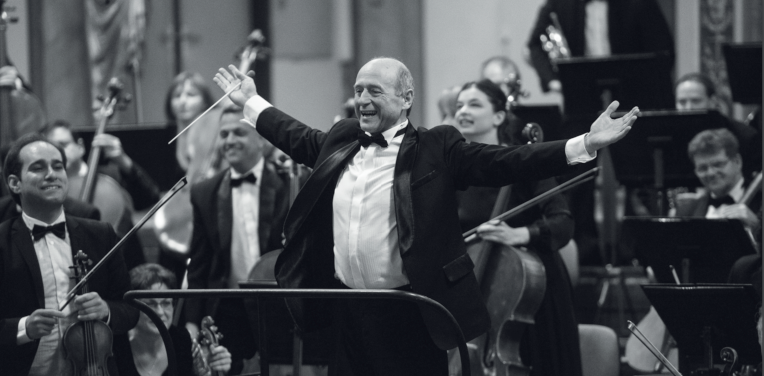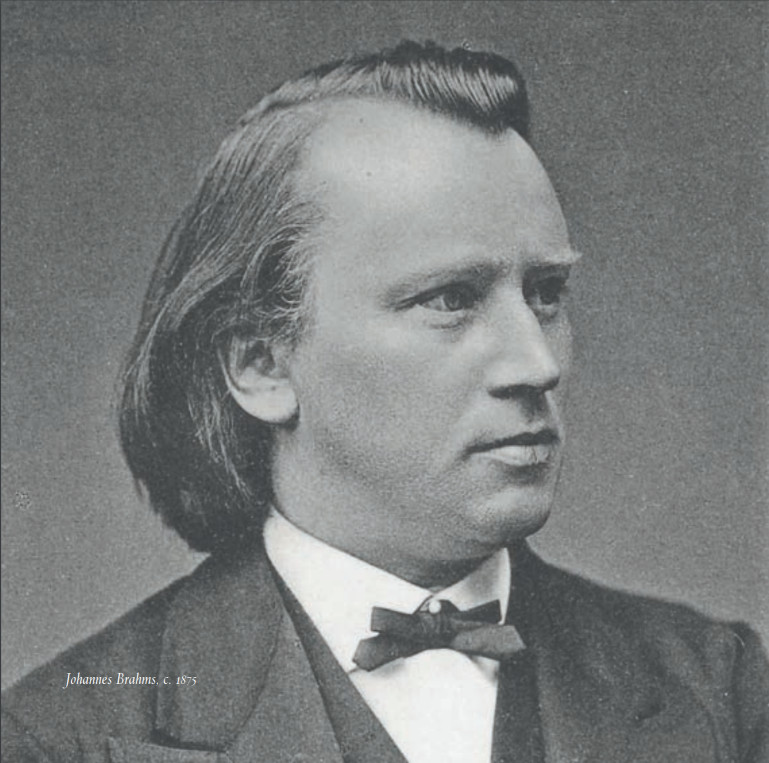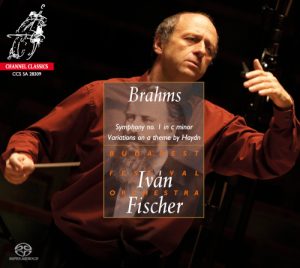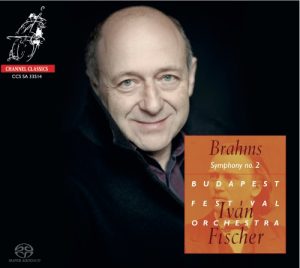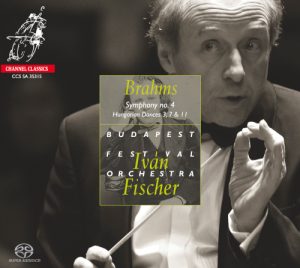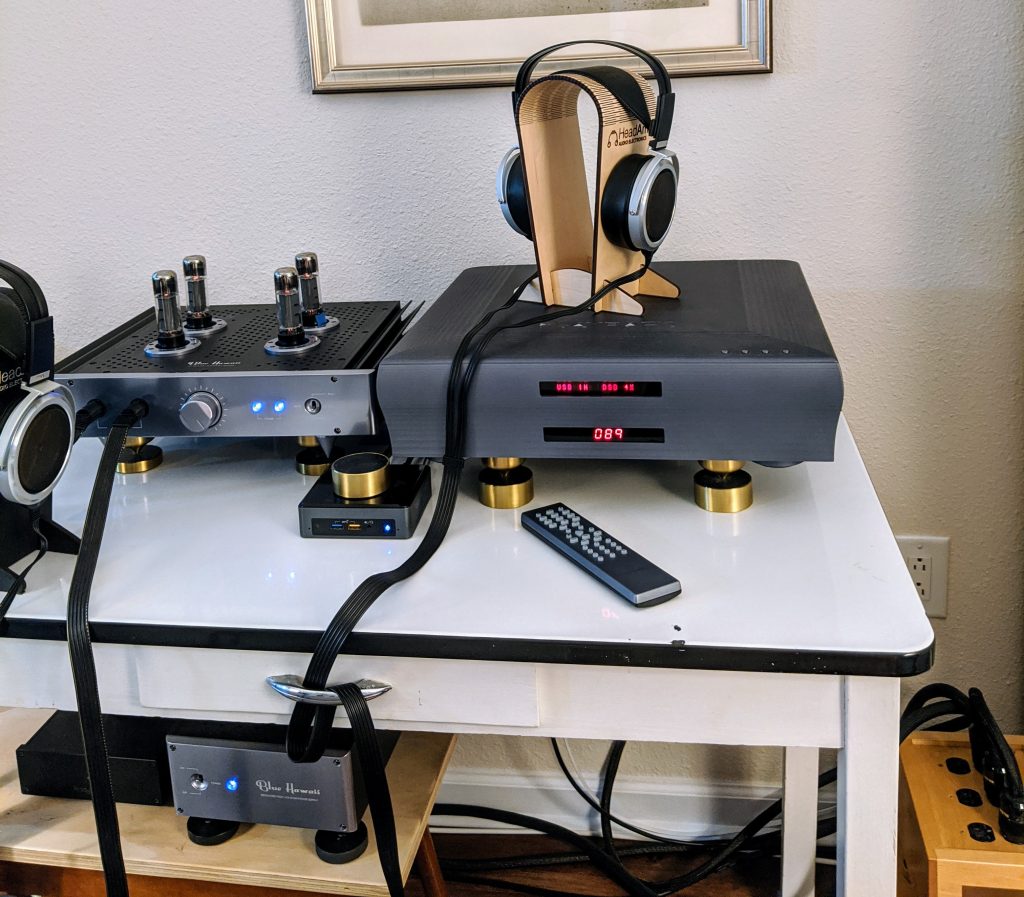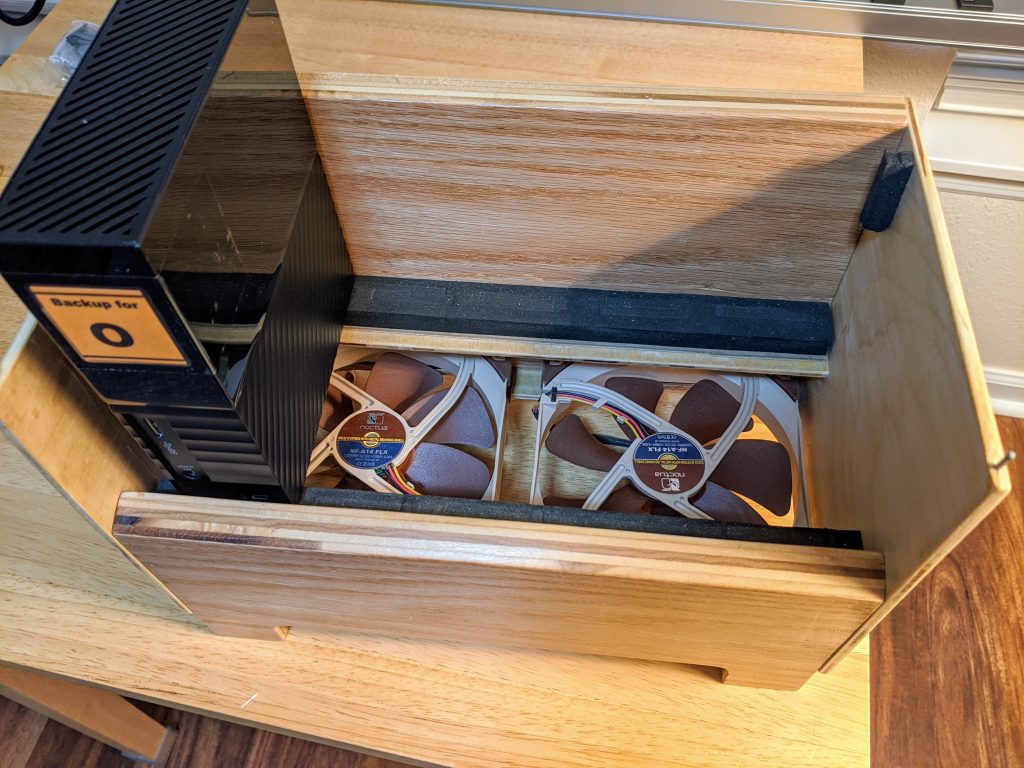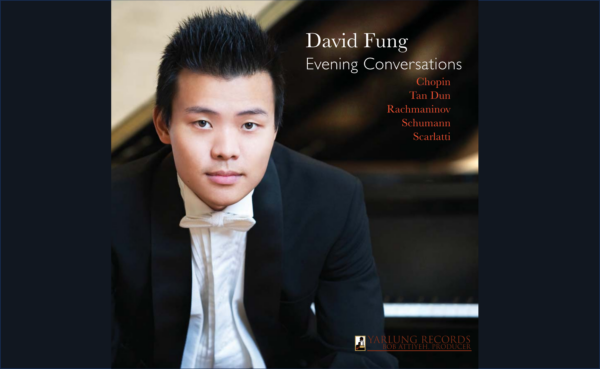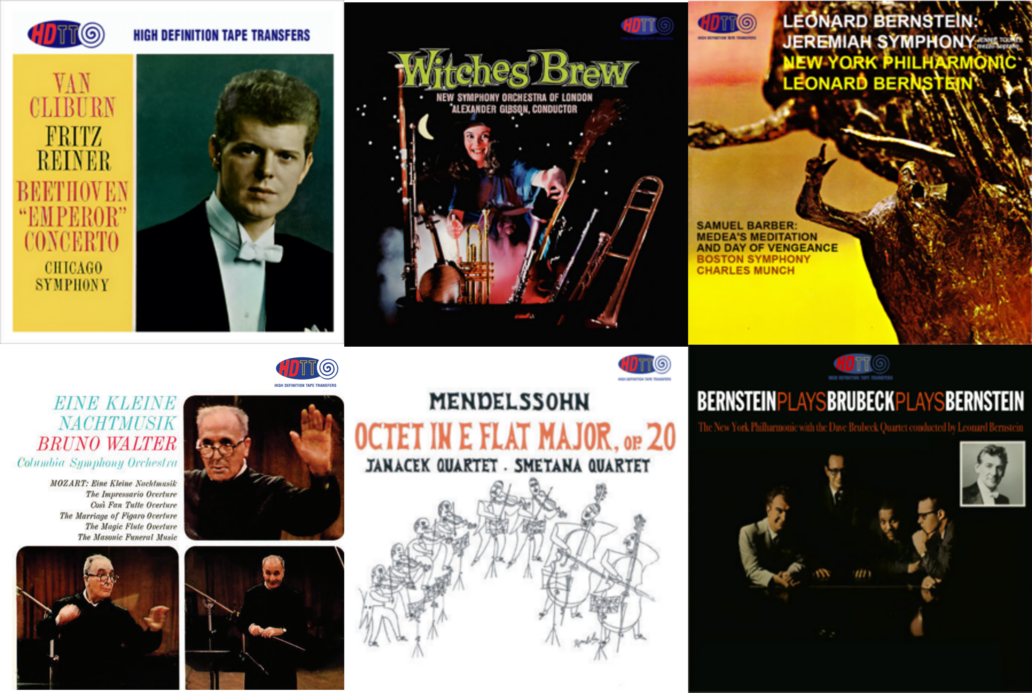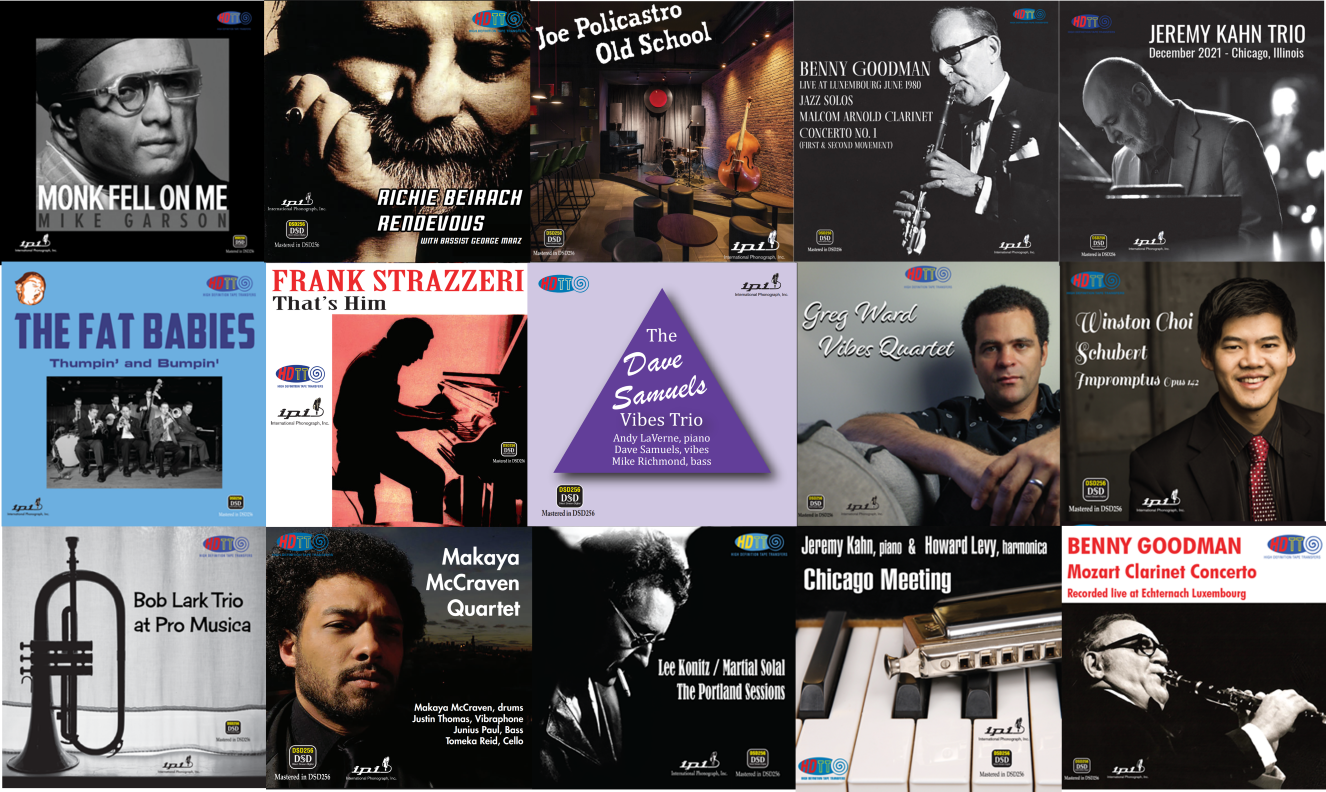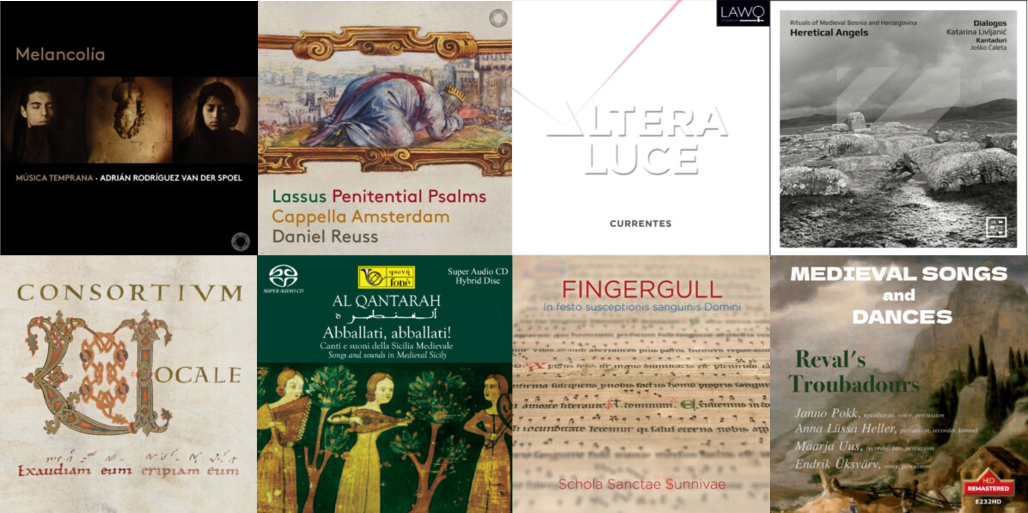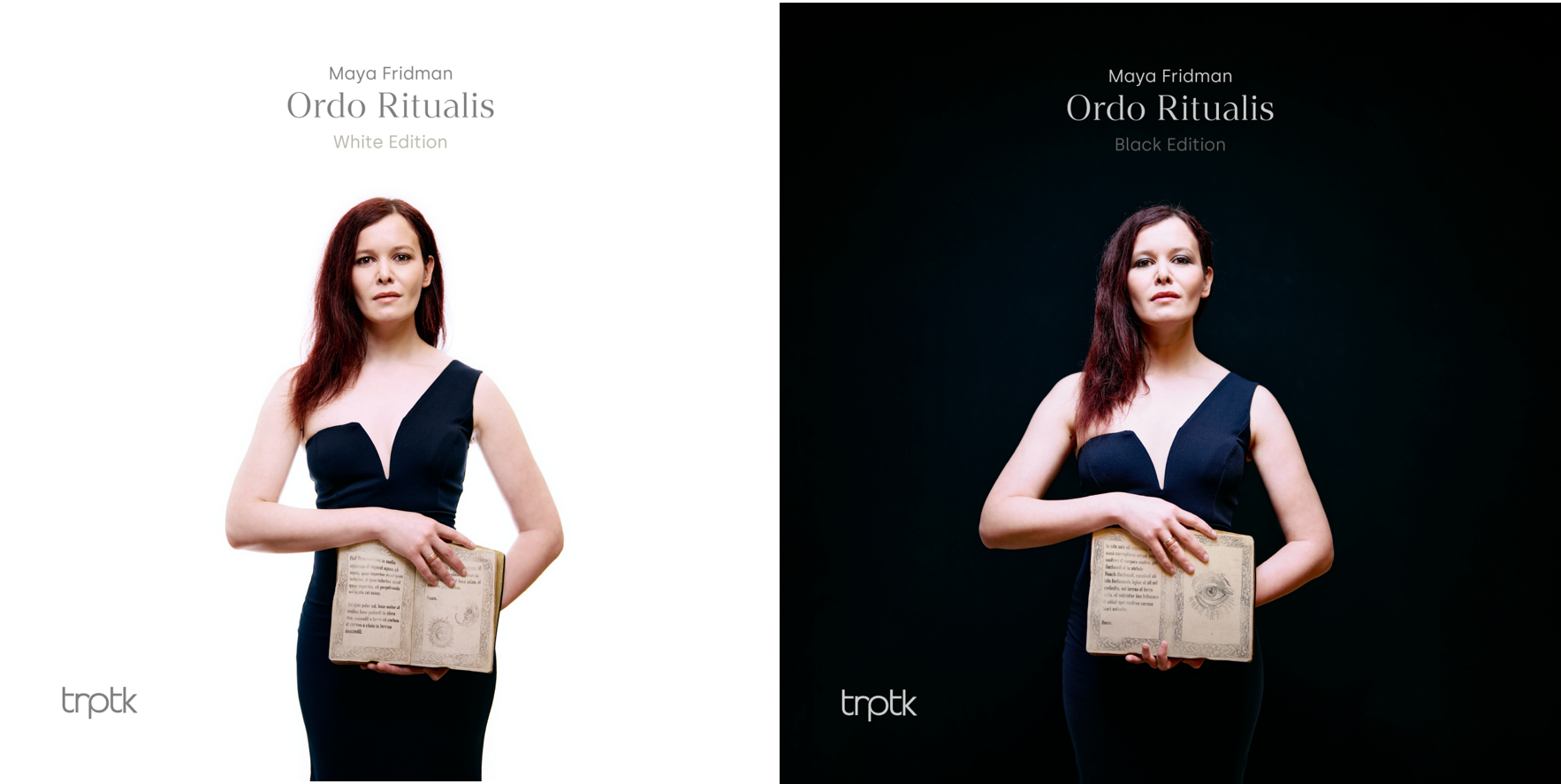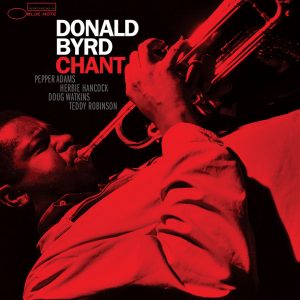This Brahms Third recording takes pride of place above all others in my collection. Here is a superb interpretation, excellent performance, and outstanding sound quality all in a single package from Iván Fischer, the Budapest Festival Orchestra, and Channel Classics.
Brahms Symphony No. 3 and Serenade No. 2, Iván Fischer, Budapest Festival Orchestra, Channel Classics Records (2021 (DXD) HERE
"A life's story in ten bars – there is no more magnificent opening of a symphony than the first 34 seconds of Brahms' Third. We hear a resolute harmony, a proud major chord followed by a twisted one on the same foundation—good and evil, heroic and mean—but it is a mere introduction to the real birth, a victorious emanation of energy, full of life and light. Each bar of this outburst takes us to a new experience: to happiness in F major, sadness in F minor, wandering into the distantly related D flat major, with a confusing dead end of the diminished 7th as if we would almost lose our way. But then a magic solution takes us on a lyrical journey reaching first to fulfillment and finally to a peaceful decline. This is how we should live." - Iván Fischer
This performance is pure excellence by Iván Fischer and the Budapest Festival Orchestra. It simply bristles with taut energy throughout both the Symphony No. 3 and the Serenade No. 2. As Peter Quantrill, Gramophone, writes: "This is not a sunset-home Third. Rather, it leaves the sense of peaks yet to climb and demons yet to vanquish." Exciting stuff here.
For me, Fischer combines the best of intellectual rigor and deep musicianship in all his recordings. He is a thinking person's conductor par excellence, but he never fails in communicating great depth of feeling and emotional conflict in his performances. Working with the Budapest Festival Orchestra, which he has cultivated over nearly 40 years, Fischer consistently presents some of the finest orchestral recordings available today. Here is another great one that deserves to be in your library, the final volume in the highly acclaimed Brahms cycle by Fischer and the BFO on Channel Classics.
Fischer founded the Budapest Festival Orchestra in 1983 with Zoltán Kocsis. Today, the BFO is acknowledged as one of the top ten orchestras in the world and tours extensively.
Jared Sacks, founder, producer and chief recording engineer for Channel Classics, explained something unique in these time about the BFO, "Of course, the orchestra has usually been on tour with that piece for five or six concerts. And then they come back to Budapest and I'll be waiting for them. So they've already had a lot of playing time with the music. But still, you don't really get into the depth of the score without this rehearsal time. And that's what makes the Budapest Festival Orchestra special." (See my earlier interview with Jared Sacks discussing his work with Iván Fischer HERE.) I don't know if this was the case with this particular recording given the travel restrictions imposed due to the pandemic around the time of this recording, but that extensive amount of playing time together over many years must certainly contribute to the excellence of ensemble and timing we hear.
(Update: Jared confirmed, "The orchestra did not have a tour before this recording, but being part of their standard repertoire combined with their east European sound was a no brainer for them.")
This recording of Symphony No. 3 and the Serenade No. 2 is the completion of a highly acclaimed Brahms cycle by Ivan Fischer and the Budapest Festival Orchestra on Channel Classics. I highly recommend it.
Brahms came into the musical world after the huge success and adoration of Beethoven and Schubert. Brahms was so intimidated by the very idea of writing a symphony that inevitably would be contrasted with Beethoven that eschewed orchestral writing entirely at first, staying firmly in the world of chamber music. He did not attempt his first symphony until he was 40. In doing so, he held to the more conservative orchestral forces of Beethoven and Schubert rather than the extravagance of Berlioz, Liszt and Wagner. He accepted the limitations of this more conservative and classical vision but imbued his music with his own romantic language.
This placed him squarely at the middle of a 19th century Wagner/Brahms split angrily pitted progressives against conservatives. Wagner proclaimed his to be music of the future, whereas Brahms remained stodgy classicist.
And it was into this conflict that Brahms brought the first performance of his Third Symphony, in Vienna on December 2, 1883, which raised the conflict to a crisis. With the death of Richard Wagner only 10 months earlier (February 13, 1883), this new symphony caused nothing less than a partisan fight in the concert hall and the press.
Writes Clemens Romijn in the booklet accompanying this recording, "As the orchestra played, Wagner devotees scattered among the audience made their disapproval known through loud whistling and booing. The Brahmsians attempted to counter this hateful tumult with exuberant cheers and thundering applause. The music critics too had dug themselves into opposing trenches. Eduard Hanslick and most other Viennese journalists were full of praise, while it was left to the Wiener Salonblatt to pour out buckets of vinegar in its columns: 'A single clash of the cymbals in a work by Liszt (the good friend and father-in-law of Wagner) expresses more intellect and feeling than all the symphonies of Brahms'."
And even Tchaikovsky apparently joined in the fray: "Brahms? It annoys me that this self-assured, insignificant figure is hailed as a genius. He is chaotic, dry and without any significance! Compared with him Raff was a giant, and Anton Rubinstein is a person of much greater importance."
Ah, well. I am glad to be far enough removed in time from this to enjoy the music of both composers. For me, the symphonies of Brahms are salve for my soul. I can return to enjoy them endlessly.
So, speaking of other symphonies of Brahms...
I highly recommend the three other recordings in this Brahms series from Channel Classics, recorded over a period from 2009 to 2021 and available from NativeDSD. Note, however, that these earlier recordings were recorded in DSD64 so they don't have quite the transparency and resolution of the Symphony No. 3 discussed in the main body of this review. Nonetheless, the performances are excellent and worthy additions to my library. I suspect they will be good additions to your library, also.





